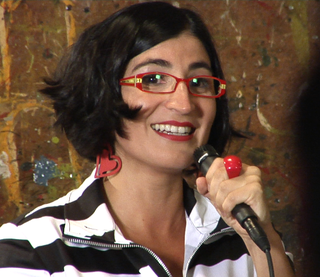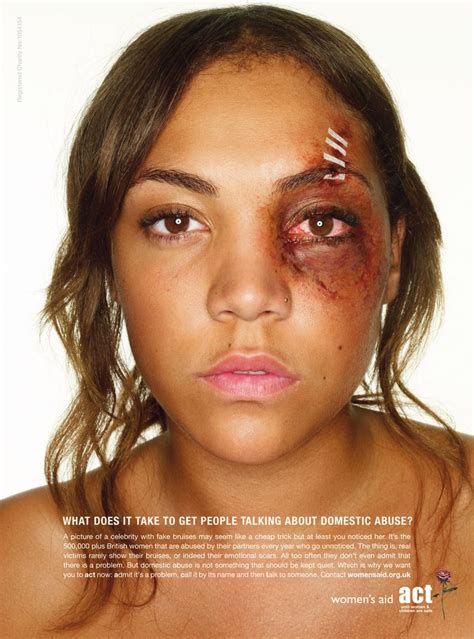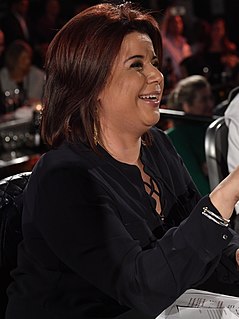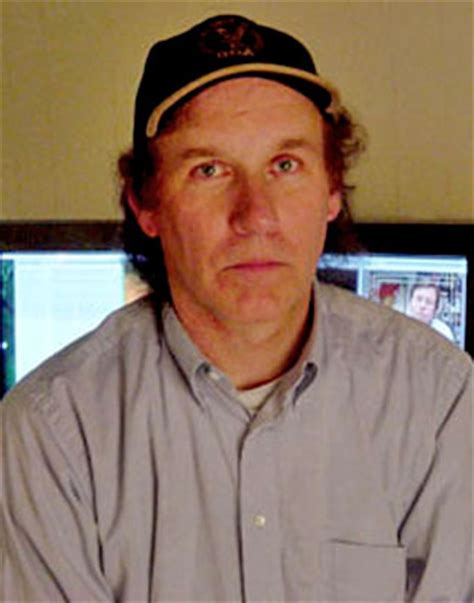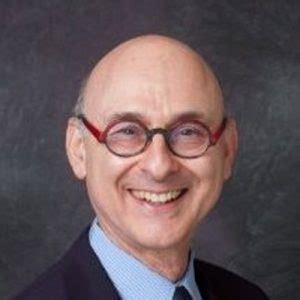A Quote by S.E. Cupp
When we talk about people or a party being on the wrong side of history, it usually requires some hindsight, a position of informed advantage to see clearly missteps that were less clear at the time of events.
Related Quotes
Often when people first hear this part of the Secret they recall events in history where masses of lives were lost, and they find it incomprehensible that so many people could have attracted themselves to the event. By the law of attraction, they had to be on the same frequency as the event. . . .those thoughts of fear, separation, and powerlessness, if persistent, can attract them to being in the wrong place at the wrong time
I got to talk to people like Mel [Lewis] and Milt Hilton and Benny Carter and Clark Terry and... Jay McShann. I just found myself in some circumstances, on some gigs or sometimes in clubs, with the ability to talk to some of these people. Just being around their energy and being around that history was invaluable. And what I normally say to young people that are getting into the music, if you can and go... now there's less of those folks around, sadly.
In general, I think there are some things that require time before you can talk about them. Some stuff that happened over the summer, for instance - the Philando Castile shooting, Alton Sterling, the police officers in Dallas - there was no room for jokes. But there are, of course, the policies that have given us those events. Now, there's a lot of room for jokes there. When you're looking at something difficult to talk about, there's always a sideways way in that feels a little less personal to people. That's where the joke lives.
Marriage is not a priority for me. I'm not saying I'll never do it. It's just not where we are as a family . . . I'll be at home with my man, having a perfectly loving time, and I'll see all these comments on some site about how wrong I am for not being married. I don't feel less loved or less loving because I'm not married.
Oral history is a research method. It is a way of conducting long, highly detailed interviews with people about their life experiences, often in multiple interview sessions. Oral history allows the person being interviewed to use their own language to talk about events in their life and the method is used by researchers in different fields like history, anthropology and sociology.
Whenever I hear an American say Aussies drive on the 'wrong side of the road,' I just lose it. You ever think about how those people grew up driving on the 'wrong side of the road,' watched a lot of people get hurt on the 'wrong side of the road,' die on the 'wrong side of the road,' while other people cheered from the 'right side of the road'? Australia has a thing called Highway Fights, so it's touchy.
I had been thinking independently about our ability to forget things that happened, specifically, events that clearly were wrong, that crossed the line. It seemed to me during the 2000 election recount that the media's narrative was being orchestrated. Shockingly, after the Supreme Court decision, the media simply said, "Time to move on," end of reporting: "Here's the new story." And everyone forgot.






